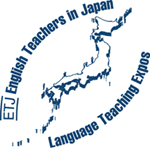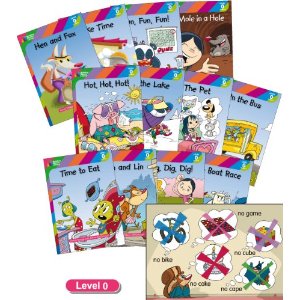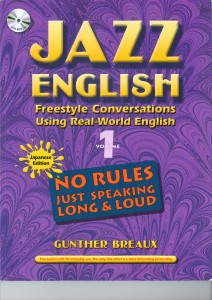conference curriculum EFL eikaiwa elllo ETJ extensive listening Language learning materials online resources oxford owl popjisyo presentations self-study teaching technology TED video
by sendaiben
4 comments
SRS, RSS, LMS: Online Tools to Boost Learner Efficiency
This is my presentation from the 2012 Tokyo ETJ Expo. Thanks to Oxford University Press for sponsoring my presentation and making it possible for me to attend.
conference EFL eikaiwa ETJ Language learning online resources presentations self-study teaching technology
by sendaiben
4 comments
Tokyo ETJ Expo (Sunday November 4)
I’ll be presenting this Sunday morning at the ETJ Expo in Kanda, Tokyo from 10am, talking about online resources for studying English:
________________________________________________________
SRS, RSS, LMS: online tools to boost language learner efficiency
The internet has already revolutionized language learning, giving learners access to resources that would have been inconceivable even five years ago. In this presentation Ben Shearon will introduce free online resources with the potential to transform English language learners’ self-study. Suitable for all levels and ages.
________________________________________________________
Come along to the presentation, or catch me at any point during the day.
Building Blocks Library curriculum EFL eikaiwa ES extensive reading junior high school kids Language learning materials phonics readers Reading Review reviews teaching
by sendaiben
5 comments
Review of MPI’s Building Blocks Library
Full disclosure: I was asked to write some additional readers for this series last year, and they just came out. I’ll try not to be too gushy in this review.
The Building Blocks Library, published by Matsuka Phonics Institute, is a ten level series with 82 titles. The first four levels are written as phonics readers to help students start reading, the ones after that are leveled readers for extensive reading.
The good:
- The same characters appear in many of the books, developing throughout the levels
- Ten levels means that students can move up through the series gradually and read at their level
- The artwork and production values are high and the books are attractive
- Each level comes with a CD of the books read aloud: the CD is well made and the voice acting is good
- Most of the books are interesting with varied story lines
- The series is reasonably priced, especially considering they come with CDs
The bad:
- There are not enough books at each level to meet student needs (this has been partially addressed with the new Level 0 and Level 1A sets, but schools will still need to supplement this with other materials)
- The difficulty outstrips the content at the higher levels, ie they are difficult for ordinary junior high school students to read even though the stories probably appeal to students that age the most
Overall:
This is a very nicely produced series that appeals to students and is economical and easy to integrate for schools. The main drawback is that there are not enough books at each level to allow students to move up the levels smoothly -ideally students would be doing much more reading at each level before moving up so teachers will have to supplement this with other materials.
conference curriculum EFL expectations extensive reading language courses Language learning presentations teaching university video
by sendaiben
2 comments
Extensive Reading presentation in Japanese
This presentation is from the ER Seminar held in Nagoya on July 1st, 2012. It is a short (25 minute) presentation in Japanese about how to design and introduce an extensive reading program.
EFL eikaiwa high school junior high school Language learning materials reviews speaking teaching textbooks university
by sendaiben
5 comments
Jazz English
Published by Compass, Jazz English is a speaking textbook for lower-intermediate students. It works very well with junior high school students that have been studying for a while and are ready to take things to the next level in terms of speaking, as well as with high school and I imagine lower level university students. I have only used the first textbook, so this review does not address Jazz English 2, nor the companion workbook (which I am going to try soon).
The textbook consists of ten main units and three supplementary ones, with all units following the same pattern: new vocabulary, conversation prompt questions, a dialogue, a short reading section, a crossword to practice the vocabulary, a short reading task, exercises to support speaking, and a final speaking activity.
The focus of the book is for students to develop more autonomy while speaking, and to try to have longer and more complex conversations. It does this very well, at least in my experience, with students that have a solid base of vocabulary and English exposure, and who are motivated to improve their conversational skills. Our ‘advanced’ classes, consisting of junior high and high school students that have been studying for four or more years took to it very well.
This has been a real find for us this year, and I wholeheartedly recommend it for classes similar to the one described above. The course requires a lot of student input, so this book would not work well with unmotivated or reluctant learners.
Anybody else using Jazz English?


